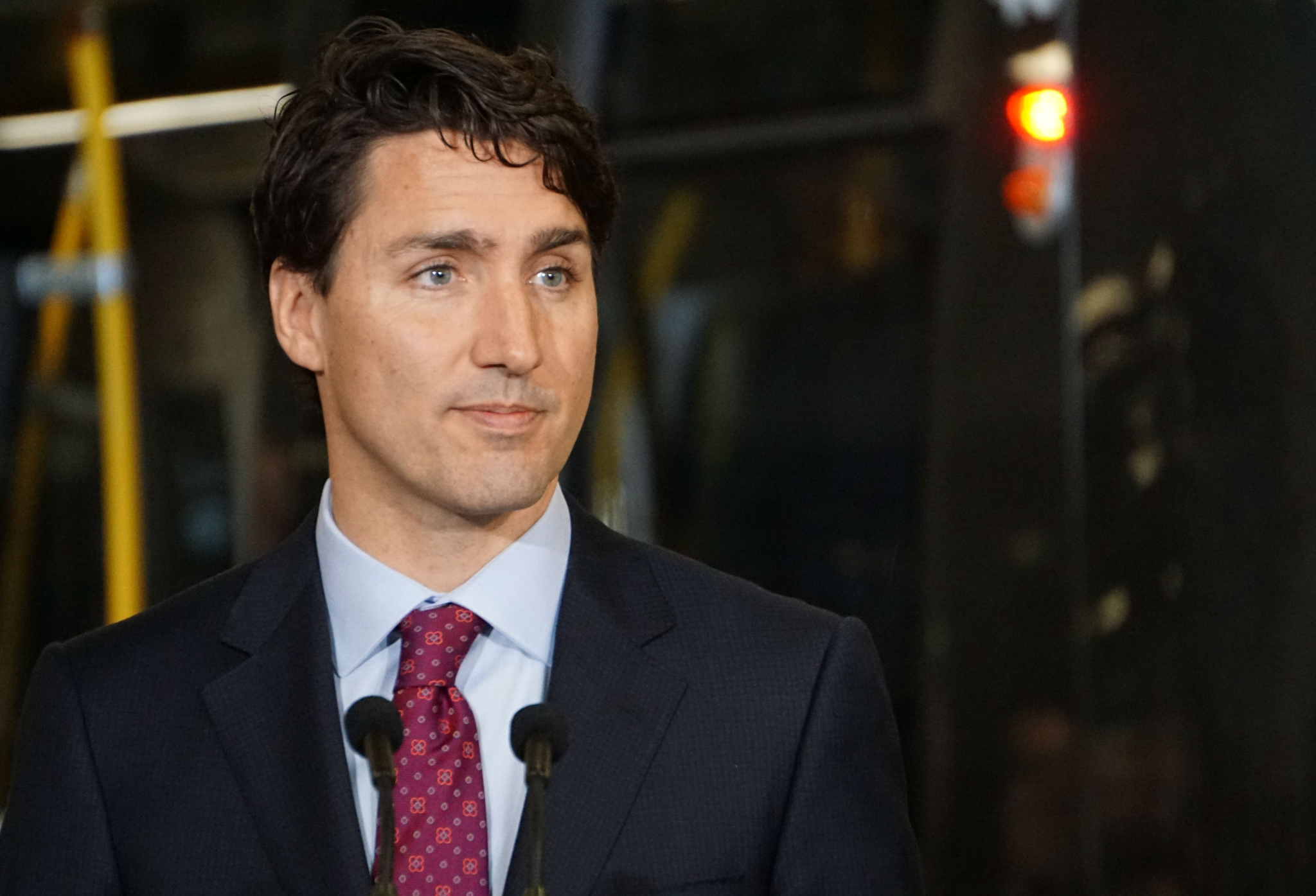Imagine the Canadian government taxed cigarettes with one hand, while handing out tax breaks to tobacco companies with the other. That would rightly be called a walking contradiction—but not far from our treatment of the fossil fuel sector.
Four provinces—British Columbia, Alberta, Ontario and Quebec—already have some kind of price on carbon, and it looks very likely that Canada will have a national carbon price within the year. But subsidies to the fossil fuel sector remain stubbornly high. By our estimate—which draws on a comprehensive database compiled by the OECD—federal and provincial governments provide about $3.3 billion to oil and gas producers annually.
There are better ways to allocate these funds. With $3.3 billion per year, it’s possible to pay for 16 million days of hospital stays. Or, those funds could provide job training for 330,000 workers—including the kind of retraining some oilsands workers are calling for to help them move over to renewable energy projects. It’s not far from the $5 billion that the Canadian government earmarked for immediate spending on green infrastructure spending in the 2016 federal budget.
In their election campaign the Liberal Party said that they “will fulfill Canada’s G20 commitment to phase out subsidies for the fossil fuel industry.” That ought to be done with an ambitious timeline. And in the meantime, Canada should refrain from introducing any new subsidies for fossil fuel companies, or extending subsidies that are already set to expire.
There is also an opportunity for Canada to show leadership internationally. The G20 commitment referenced by the Liberals dates back to 2009, and has been reiterated at every G20 leaders summit since then. When G20 leaders gather in the Chinese city of Hangzhou September 4 to 5, we hope the pledge will be repeated again. But this time, three weaknesses in the G20 pledge need to be improved upon.
First, G20 countries have not promised to remove all fossil fuel subsidies, just “inefficient” subsidies. By including the qualifier “efficient,” often with no further explanation, governments have avoided action. There are no efficient fossil fuel subsidies in a world that needs to rapidly decarbonize, but some transitional measures may be necessary to ensure that the poor are not inadvertently impacted by higher energy prices. The G20 may not come to an agreed definition of an “inefficient fossil fuel subsidy,” but that shouldn’t stop the Government of Canada from clarifying what that means in the Canadian context.
Second, the G20 have not been completely transparent about their fossil fuel subsidies—whether deemed efficient or otherwise. Some countries, such as Mexico, China and the United States, have agreed to share inventories of their fossil fuel subsidies for peer review by other G20 members. But other countries, including Canada, have not.
Third, the pledge has lacked a deadline. Fossil fuel subsidies are to be removed—but by when? Encouragingly, earlier this year the G7, which includes Canada, pledged to end fossil fuel subsidies by 2025. They should now be urging the G20 to agree to a similar deadline.
Here, then, is a recipe for moving from rhetoric to action: clarify exactly what fossil fuel subsidies are to be removed, open that list of subsidies up to public scrutiny, and agree on a deadline. It’s a formula that Canada would do well to apply at home, and where its leadership in the G20 is sorely needed.
At the Paris climate summit, the prime minister announced that “Canada is back” and “here to help” on this key global issue. Now he has an opportunity to demonstrate that leadership, putting more coherent domestic policies in place that make better, forward-looking use of public funds.



Comments